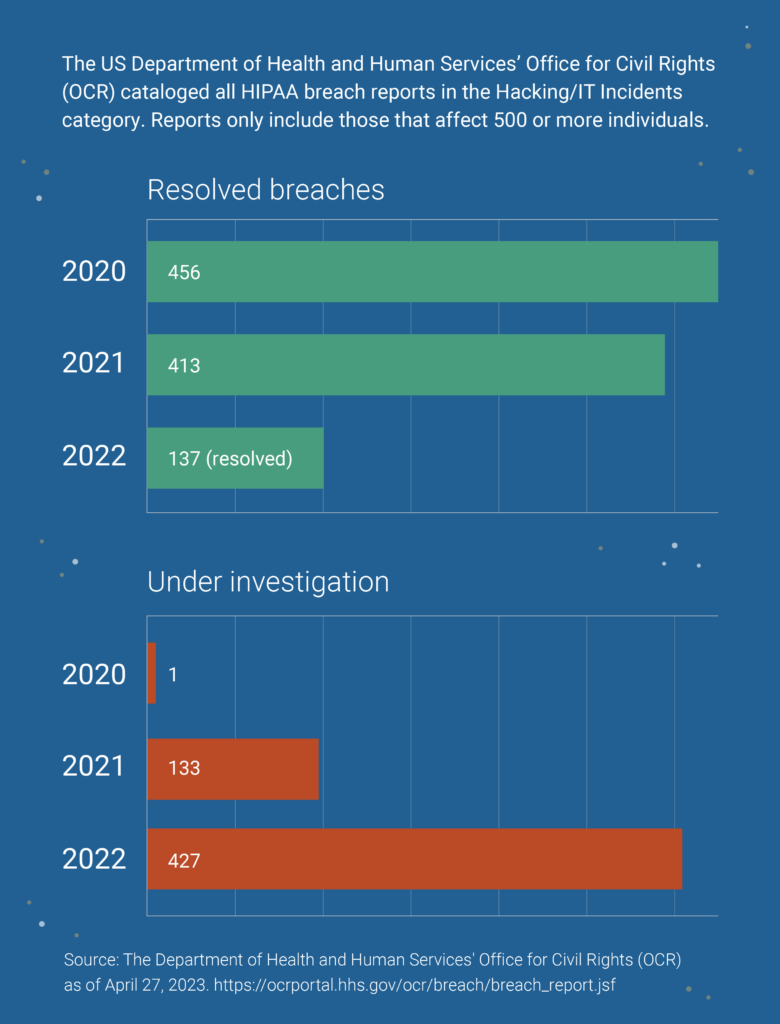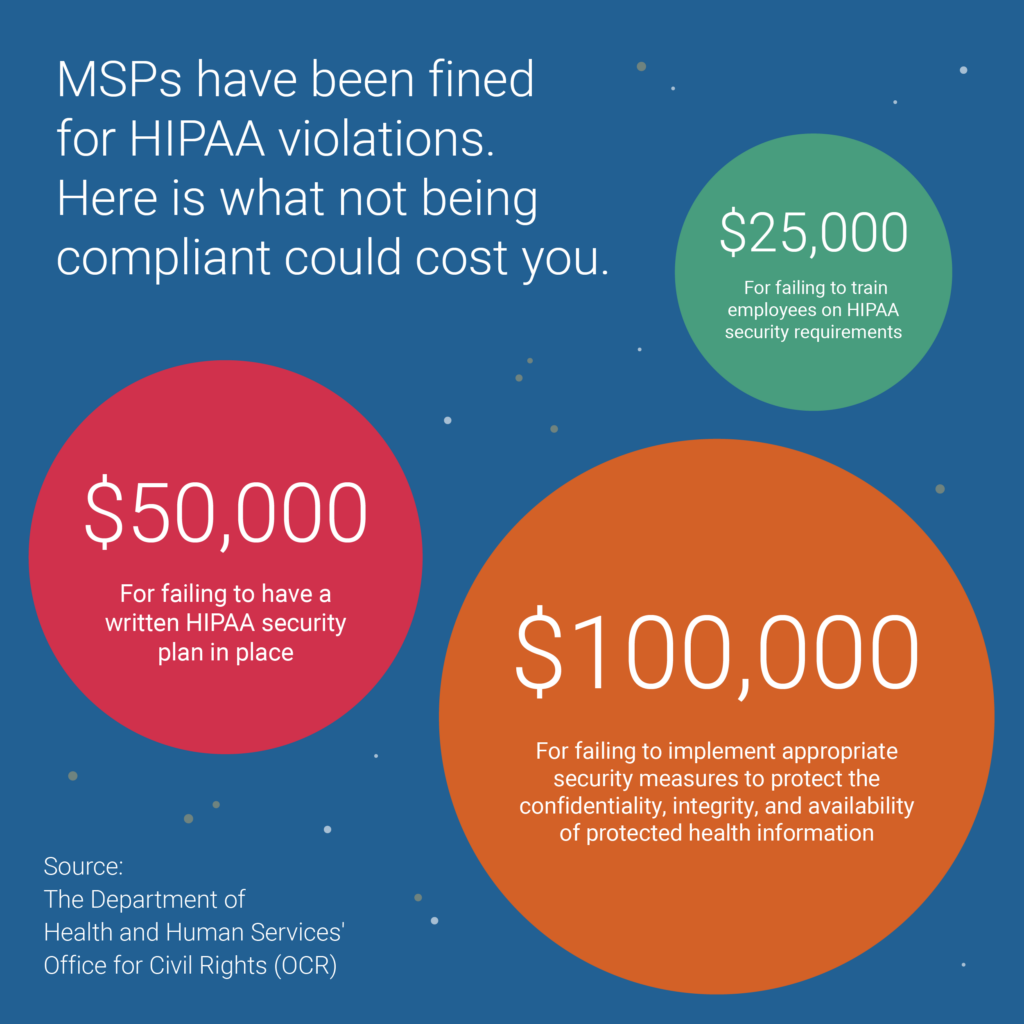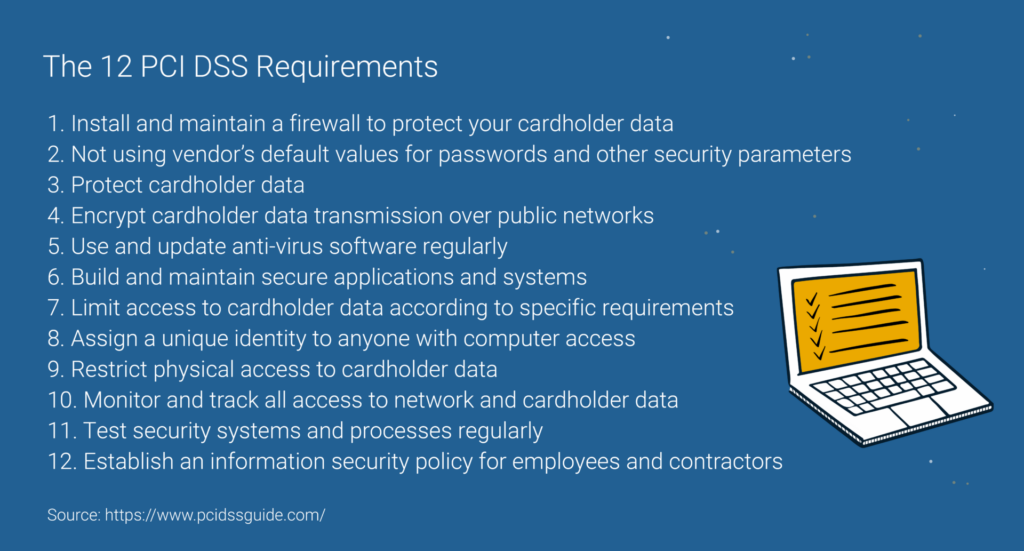
Backups are one of the most important pieces of your clients’ business infrastructure — that means backup services must be one of your MSP’s top priorities. So, how can you build a compliant backup offering that suits your clients’ needs?
In this article, you will learn:
Keeping clients’ data safe is the number one priority for MSPs who monitor backups. You never want a client to lose vital information in an emergency.
That’s why backup monitoring is vital.
Keeping data secure is just the beginning. For MSPs across the industry, backup security isn’t just a part of MSP service. It is required by industry and government regulations.
The need to comply with regulations is an important factor in how MSPs manage backups.
In this article, we’ll cover everything you need to know about backup compliance. That includes the standards and regulations MSPs most commonly need to follow.
Backup compliance refers to the maintenance of backups that comply with policies and regulations to ensure a standard of security for data.
These regulations ensure that the most reliable security measures are being maintained to secure sensitive data.
Compliance regulations are common in industries that deal with sensitive information. That includes financial, medical, and government data.
These regulations encourage MSPs to implement backup processes that are secure and maintained.
The medical data of patients is required by law to be private. Data security policies are used to protect patients records.
This prevents data from being attacked or recovered from old hardware that wasn’t disposed of properly.
The same is true for financial information. Or for clients that work with government contracts.
Sticking to these regulations is vital for clients. As not meeting standards can lead to severe consequences.
Security breaches can cause disruptions in the clients business. This can harm their operations and could ruin business relationships they rely on.

Between 2020 and 2022, OCR reported 1,567 HIPAA breaches.
Clients could be fined by the regulatory bodies and stakeholders may file lawsuits. Clients may have to deal with frequent, costly audits as well.

Make sure your data is secure. Monitor backups faster and easier than ever with Backup Radar.
An MSP’s reputation will be damaged and business relationships will suffer. No backup compliance standards could lead to MSPs and their clients facing:
It’s important to work with clients to understand what regulations they must adhere to.
We will dive into four of the most common across the MSP industry.
GDPR is a data protection law enacted by the European Union. This law protects the transfer of personal data outside of the region.
It improves individual control over their data and the regulatory process for business outside of the EU.
MSPs need to be aware of what kind of personal data their clients are collecting. And they need to know how that data is transferred.
Clients need to be transparent in explaining what data is collected, how it’s used, and for how long. MSPs should be able to handle requests from regulatory bodies regarding data protection.
HIPAA is a US law that aims to keep healthcare information secure and private. It regulates how personally identifiable information is managed by healthcare companies.
HIPAA stops healthcare providers and businesses from sharing private information.
If a client is subject to HIPAA regulations, MSPs must take it seriously. Fines for noncompliance can cost tens of thousands for the MSP. Demonstrating knowledge of HIPAA compliance can help MSPs win contracts and avoid fines.
MSPs have seen fines from $25,000, up to $100,000 for HIPAA violations.

PCI DSS is a policy that outlines security measures to reduce credit card fraud and to protect user data. The PCI DSS has 12 requirements with goals to:
To be considered a Level 1 service provider, MSPs should have a strategy to meet each of the 12 requirements. This will create a trusted method that clients can rely on to meet their compliance needs.

SOX is a US law that sets guidelines to protect shareholders and the public from accounting errors and fraud in business. This law aims to improve the accuracy of corporate disclosures. SOX compliance audits review a businesses internal controls for financial data.
MSPs are required under SOX to create and maintain corporate records. MSPs should have processes and documentation around:
Many MSPs don’t have solid compliance processes in writing.
Without standard processes to follow, you’ll be reacting to problems as they come up. With a guide to follow, you’ll be able to take proactive action. Stop small issues from becoming big problems.
Strong security policies can give you a leg up on backup compliance requirements for all clients.
Conducting regular backup audits is an important step you can take. Audits are why automated backup monitoring software is helpful. Being able to monitor the status of every backup goes a long way in demonstrating compliance. Don’t forget to test data recovery as well to make sure backups are functioning properly.
Encrypting backup data protects your clients from security breaches. Backup encryption prevents ransomware from ruining client business continuity.
Install access control to regulate who can view and manage backup data as a security measure. That way users internally can only access the files they have permission for. Data access is limited to a small group of internal staff, protecting it from outside access.
Developing an official data retention policy will help with documentation. And it will help set expectations with clients as well.
The ability to point to specific policy around how long data is stored is a valuable asset.
Being able to meet backup compliance regulations is a big benefit for MSPs. The knowledge and security of compliance will open new opportunities for your business.
Showing the ability to meet a high bar of security increases your MSPs value for clients. It’s valuable for clients in industries where backup compliance is vital.
One way to get a start is with automated backup monitoring and reporting software. That’s where Backup Radar comes in.
Backup Radar gives MSPs access to their entire backup environment in one dashboard. Backup Radar will
Start aiming for the highest bar of compliance standards. Your first step begins with gaining greater insight into backup monitoring with Backup Radar.